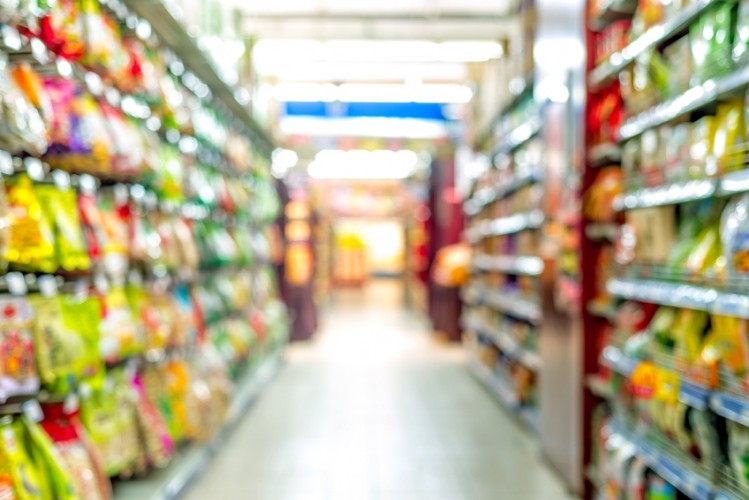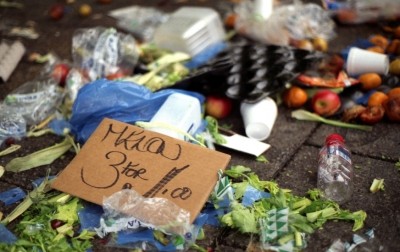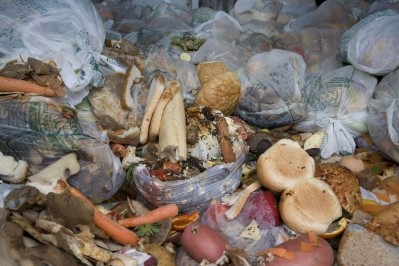French supermarkets required to give all unsold food to charity

The result was welcomed by campaigners who have nonetheless warned that most food waste comes from higher up the supply chain and that food manufacturers need to be more involved in reducing waste.
According to the new legislation - put forward by Socialist MP Guillaume Garot and voted unanimously by the French Parliament yesterday - supermarkets larger than 400m2 will have to sign a contract with a charity to facilitate the donations, while food not fit for human consumption will be composted or used as animal feed.
“It’s scandalous to see bleach being poured into supermarket dustbins along with edible foods,” said Garot.
Reactions
But French supermarket chains warned about the difficulties of putting such a large-scale operation into practice.
Michel-Edouard Leclerc, CEO of Leclerc supermarket chain said: “It’s all very well to forbid, but the collection needs to be organised on the other side,” adding that measures should be put in place to finance refrigerated lorries for the charities when transporting the food.
Fareshare, a UK food supply charity and member of the European Federation of Food Banks, welcomed the legislation but said it highlighted how much needed to be done in the UK. France currently redistributes 20 times more surplus food than the UK.
European consumer group BEUC also welcomed the legislation: “Food waste has been estimated at some 100 million tonnes last year in the EU and it is expected to rise further if no action is taken. Therefore this French move is certainly a welcome one as long as all precautions are taken to ensure food safety is not impaired,” said a BEUC spokesperson.
Move higher up the supply chain
But in a statement to FoodNavigator, FareShare CEO Lindsay Boswell that most food waste happened not at the retail end but higher up in the supply chain – meaning that food manufacturers, as well as supermarkets, needed to mobilise their efforts to reduce and redistribute waste.
“In order to successfully divert surplus food from waste, food companies across the whole supply chain must establish processes and systems that anticipate and identify surplus food within their operations and make it available for charities.”
“The French food industry, government and associated charities have already made huge inroads in tapping food further up the supply chain, amongst manufacturers, where the majority of surplus occurs."
A 2013 FAO report confirmed that most waste occurs not at the retail or consumer stage, but that 54% of food was lost during production, storage and transport.
For food companies wishing to identify and redistribute waste in their supply chain, Fareshare will be launching a toolkit with a step-by-step guide at the Surplus Food Summit held in London on the 17th June this year.
A 2014 survey by FoodDrinkEurope found that nearly two thirds (60%) of food company respondents had a strategy to reduce food waste.
CORRECTION: This article has been amended to state that nearly two thirds of food company respondents had a strategy to reduce food waste rather than two thirds having no strategy, as originally reported.
























